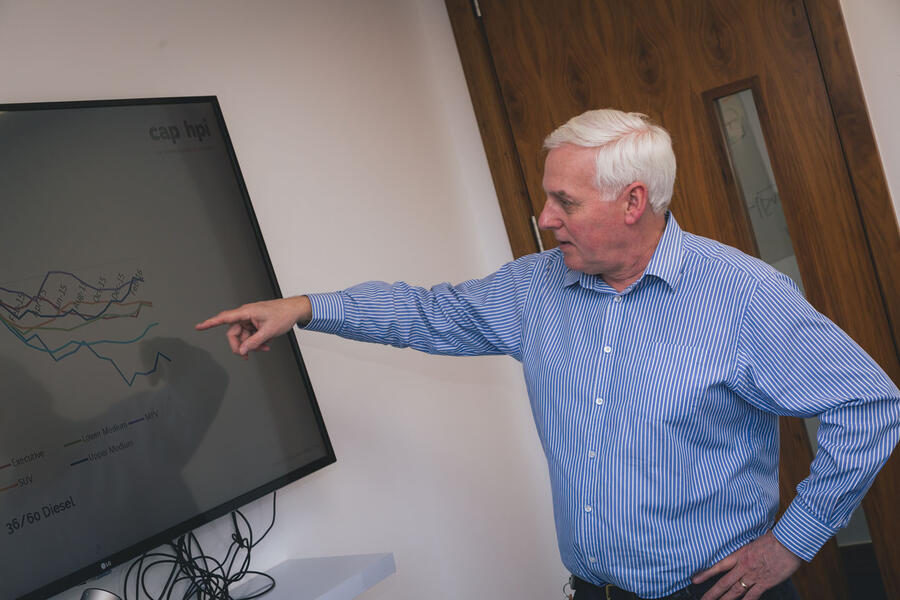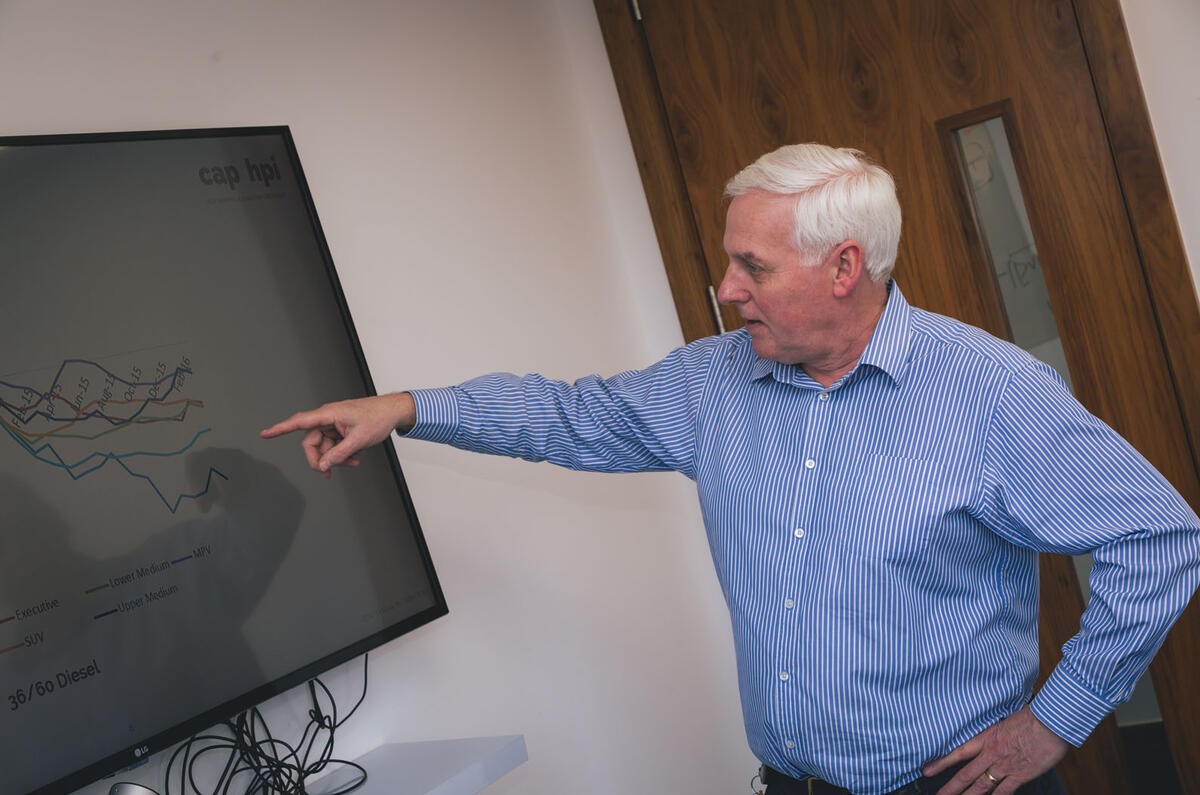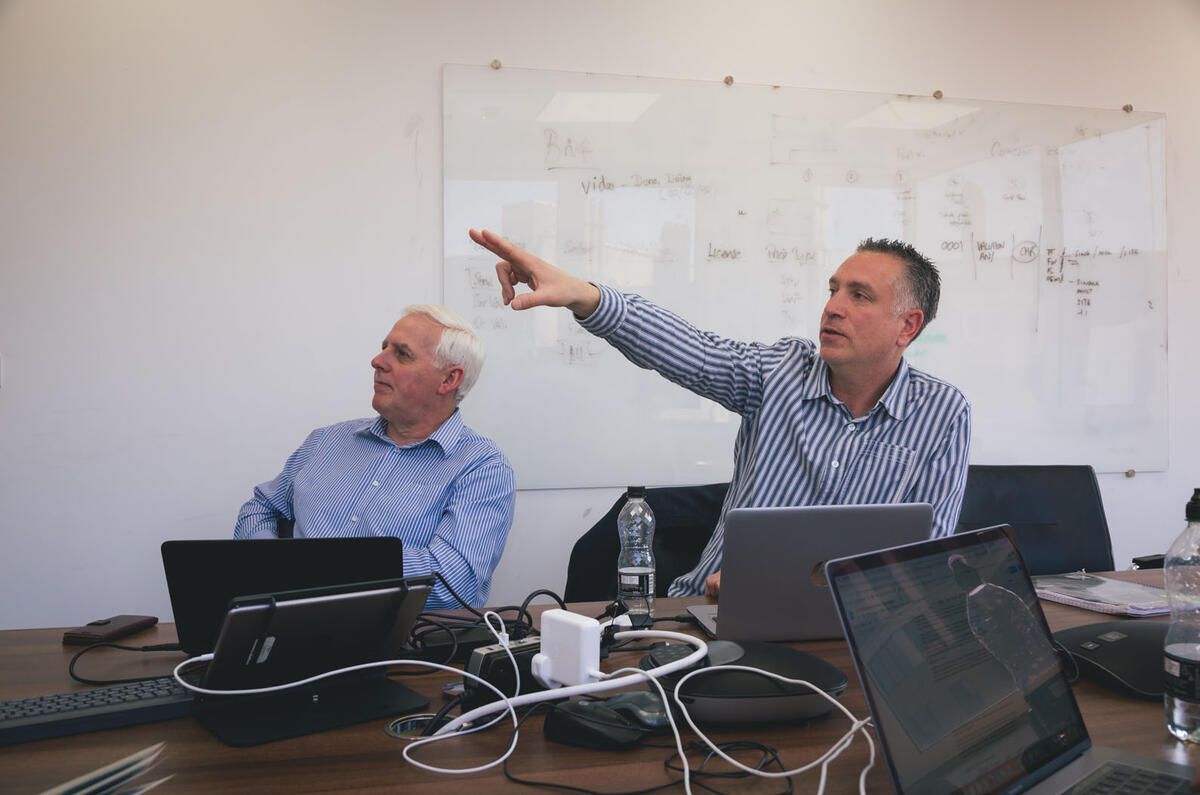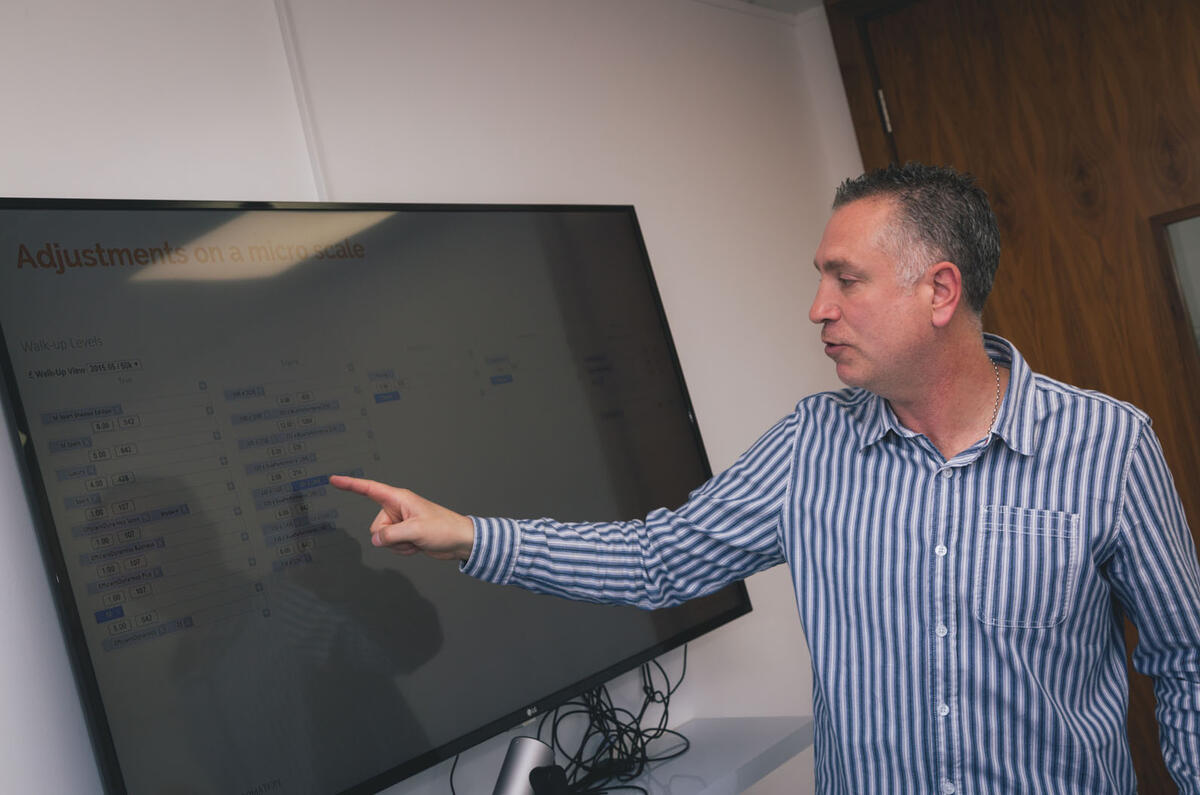In a smart office block in Leeds rest the hopes of millions of car buyers and sellers. It’s here that each day Cap HPI, the vehicle valuation company, processes thousands of buying and selling prices drawn from more than 50 suppliers, including auction groups and car sales websites.
The 160,000 motor trade transactions and 700,000 daily retail adverts the company crunches generate 10 million used car values across 2300 model ranges and in excess of 70,000 model derivatives going back 20 years. It captures price data on two million of the eight million used cars sold each year in the UK. Cap HPI is, it claims, the country’s biggest supplier of used vehicle values.

Is there something a bit Orwellian about Cap HPI and companies like it that claim to know what your car – a vehicle that’s unique in terms of its age, mileage, colour, condition, and service and keeper history – is worth? Are their valuations a self-fulfilling prophecy? And, given how crucial a car’s future value is in determining its monthly leasing cost, are they not under pressure to massage their figures to satisfy car makers and their banks, at your expense?
It’s tempting to find them guilty on all three counts but with the proviso that used car prices are, ultimately, governed by the laws of supply and demand, in addition to other factors, such as how a model is perceived in relation to its peers, its fuel type and where in its life cycle it is. The clearest evidence of these things at work is the auction ring, where Cap HPI, for example, captures a lot of its price data and where, on any weekday, you’ll see thousands of cars sell at breakneck speed to seasoned traders.
True, some of them will be staring hard at their phones consulting online guide values, but most of them already know how much each car will fetch on the forecourt and, crucially, what their competitors are asking for the same models at the same age, with the same options and in the same colours. Working back from that figure gives them an idea of the price they should pay.





























Join the debate
Add your comment
This is a subject that has
This is a subject that has baffled me for years. How can a decade-old VW Caddy van with 100,000 miles and a bit tatty be worth the same as a decent Ford Kuga? They say supply & demand. Really? I see prices of used Suzuki Jimnys are rising, not falling...and rising by a lot! How come, when there are so many used Evoques, prices are absurdly high? And don't even get me started on the prices of Defenders!
Closed Loops
Much of the car trade is in a controlled loop. Many manufacturers run their own PCP books these days and users return their cars to them at the end of contract or run executive driven pre-registered product into their used supply. They will have their own analysts working out balloon payments based on residual values. They can get caught out by the likes of the GFC or Dieselgate but the millions involved make those third party inputs are less and less important. Supply and demand, is still king, witness the soft values of used Golfs v. a more in demand/less available Corolla.
Regional Pricing
Used car prices vary regionally - partly due to differences in demand and partly due to differences in dealers' costs, eg rent, wages, etc - so how does CAP reflect these regional variations?
Regional variations?
Can you give an example of these regional variations? Are you not confusing the difference between how much a car is worth and the sellling price?
For example a three year old Toyota HiLux 4x4 thingy may cost £20,000 in rural Yorkshire or £19,000 in central Birmingham or £21,000 in Chelsea, but the trade (selling) price will be the same for all three.